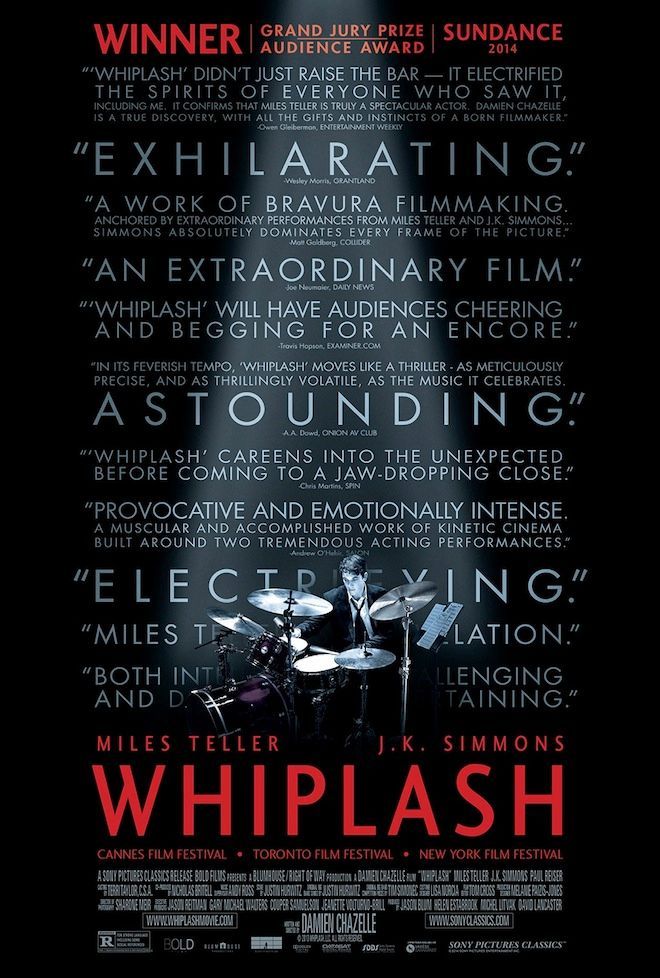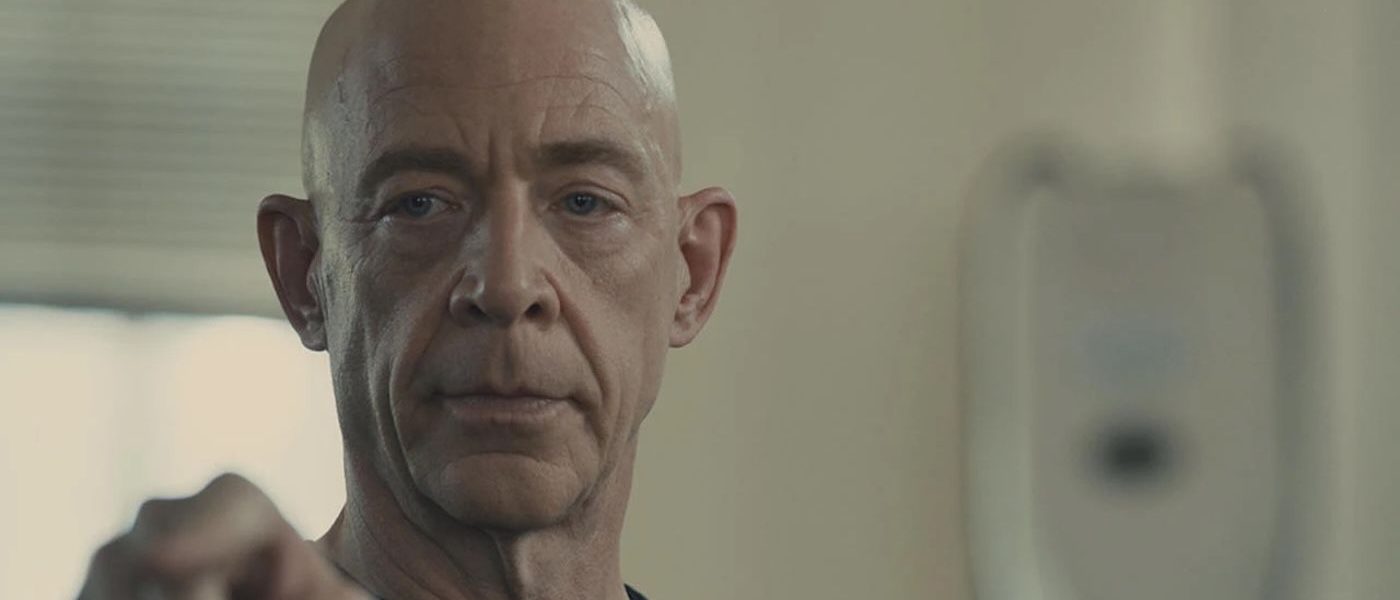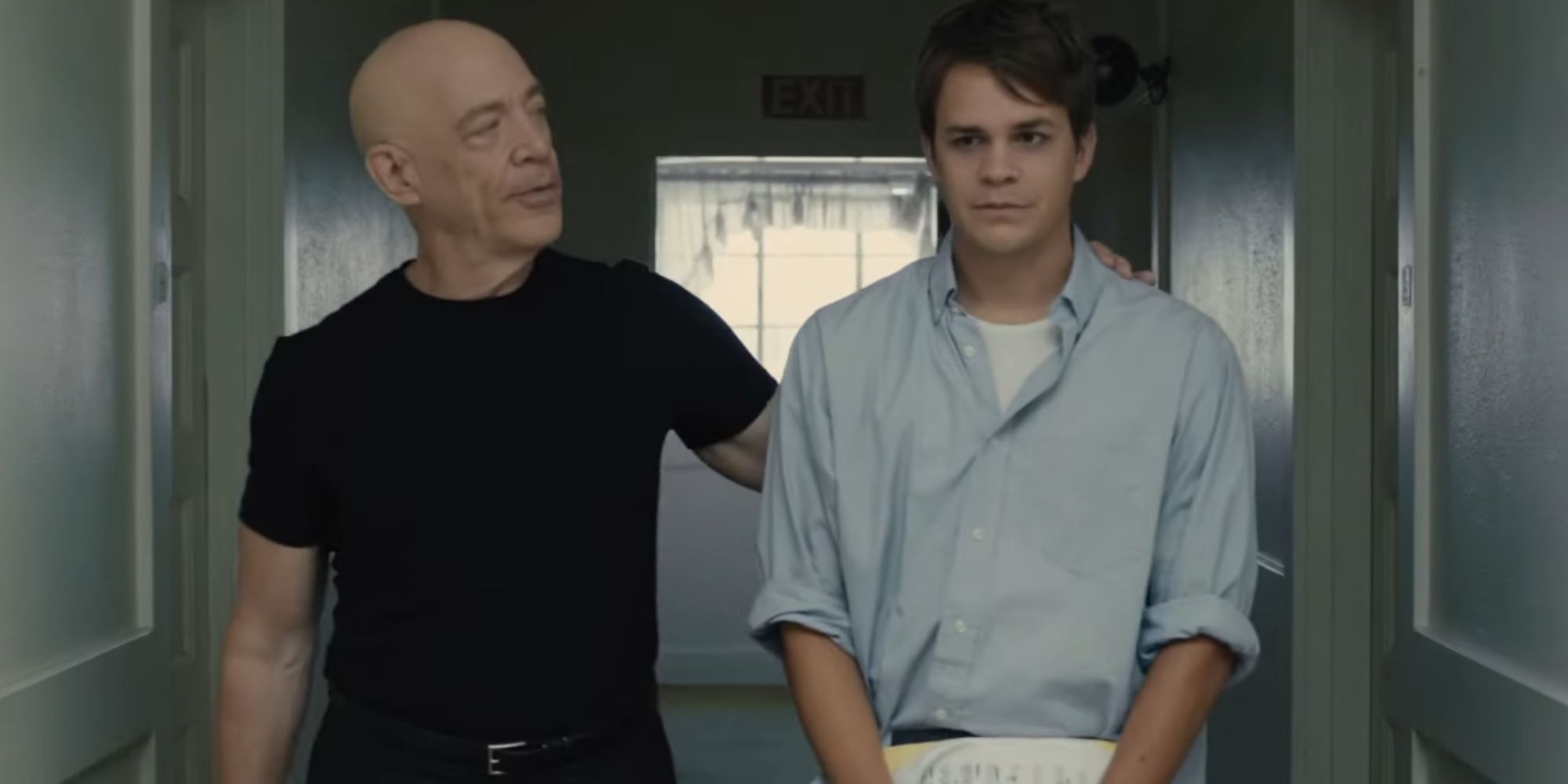<em>Whiplash</em>, the groundbreaking film by the future Oscar-winning director Damien Chazelle, renowned for his work on La La Land, began as a highly sought-after Black List script. This script caught the attention of esteemed producers Jason Blum and Jason Reitman, who encouraged the ambitious young filmmaker to create a proof-of-concept for his semi-autobiographical narrative featuring an aspiring jazz drummer striving to exceed the limits of human perseverance. What emerged was far more than a simple test; the Whiplash short film ultimately won the Short Film Jury Prize at the prestigious Sundance Film Festival in 2013. Reitman described this intense short as a cross between “Shine and Full Metal Jacket,” showcasing a harrowing glimpse into the world of jazz that starkly contrasts with the feature’s more fluid jazz tones.
Damien Chazelle’s Proof-of-Concept Short Film Paved the Way for ‘Whiplash’
The film Whiplash not only marked the rise of Damien Chazelle but also solidified J.K. Simmons as one of the finest and most dependable actors in contemporary cinema. His portrayal of Terence Fletcher, a ruthless and demanding jazz instructor at a renowned music conservatory in New York, epitomized Simmons’ evolution as a character actor, celebrated for embodying authority figures and assertive journalists. His triumph in securing the Best Supporting Actor award at the 2015 Oscars was a moment of universal agreement, especially highlighted by his heartfelt acceptance speech urging the audience to cherish their parents.
In the 2013 short film that laid the foundation for Whiplash, Simmons’s character Fletcher delivers the iconic “Not quite my tempo” line, ruthlessly chastising an out-of-tune trombone player and unleashing his fury onto the protagonist Andrew Neiman, portrayed by Miles Teller. In the short, Johnny Simmons (no relation to J.K.) took on the role of Andrew, and despite the shorter runtime, the scenes mirror each other closely. The visual style and direction displayed in the short reveal Chazelle’s clear vision as a young filmmaker intent on capturing the intense essence of the story, with matching shots and dialogue that would later be recreated in the full-length film.
J.K. Simmons Establishes the Foundation for His Oscar-Winning Performance in ‘Whiplash’
The feature film Whiplash was crafted to counter the notion that jazz music is dull, channeling the exhilarating energy typical of a sports film while delving deep into the psychological unraveling of its characters, akin to a gripping thriller. This relentless pursuit of excellence is fitting for a short film, yet the 2013 Whiplash lacks the emotional resolution that the 2014 feature masterfully delivers, such as the poignant moments between Andrew and his father, played by Paul Reiser, and glimpses of Fletcher’s more compassionate side in the jazz club setting. The narrative immerses us in a cutthroat studio music environment, where Fletcher resembles more of a drill sergeant than a conductor. As Andrew’s psychological torment culminates, forcing him to shout “I’m upset!” in front of his peers, we are left without a clear understanding of his eventual fate.
Just as in the feature, J.K. Simmons’ performance stands out as the pinnacle of the short film. In hindsight, the greatest challenge of Chazelle’s initial endeavor is the less convincing portrayal by Johnny Simmons, particularly when compared to J.K. Simmons’ exceptional performance. This contrast allows audiences to fully appreciate the nuanced complexity delivered by Miles Teller as Andrew, who embodies the journey of a hopeful student morphing into a desperate individual seeking his sociopathic teacher’s approval.
With an already established reputation as a character actor, J.K. Simmons was arguably overqualified to participate in a short film helmed by a relatively unknown director. His performance in Whiplash not only showcased his remarkable acting abilities but also lent a level of gravitas to what could have been a basic short, effectively setting the stage for Chazelle’s Oscar-winning feature. The consistency in Simmons’ portrayal between the short and the film is striking, with nearly identical delivery and tone. Rather than settling for mediocrity, he embraced the pursuit of perfection that defines Fletcher’s character.









